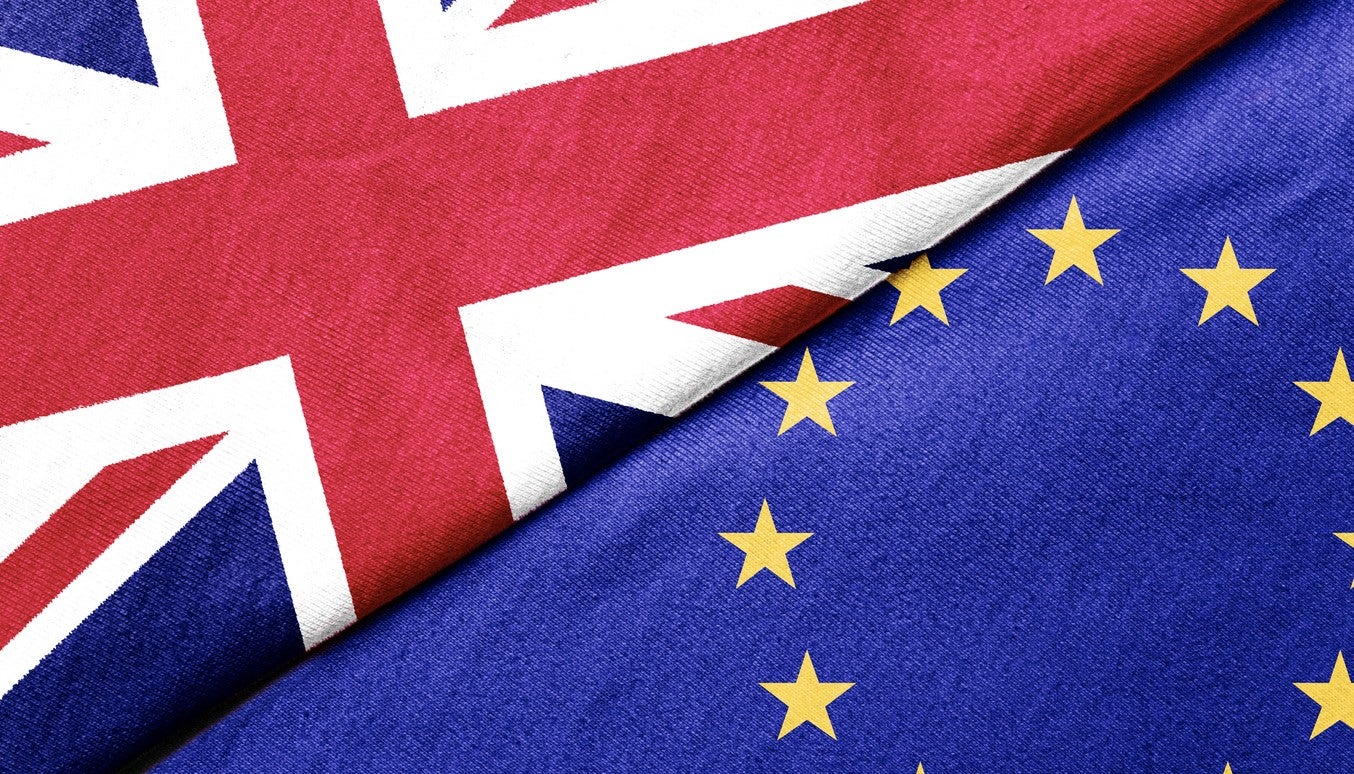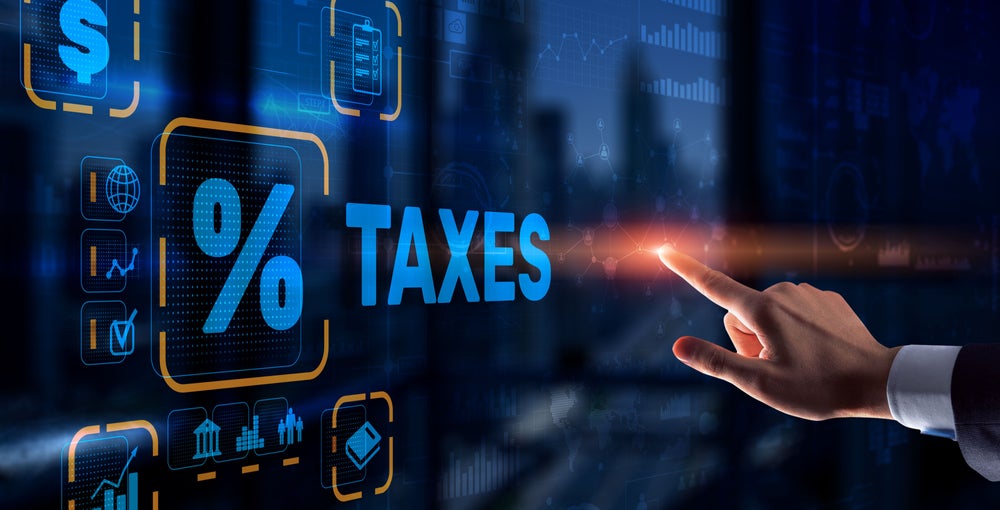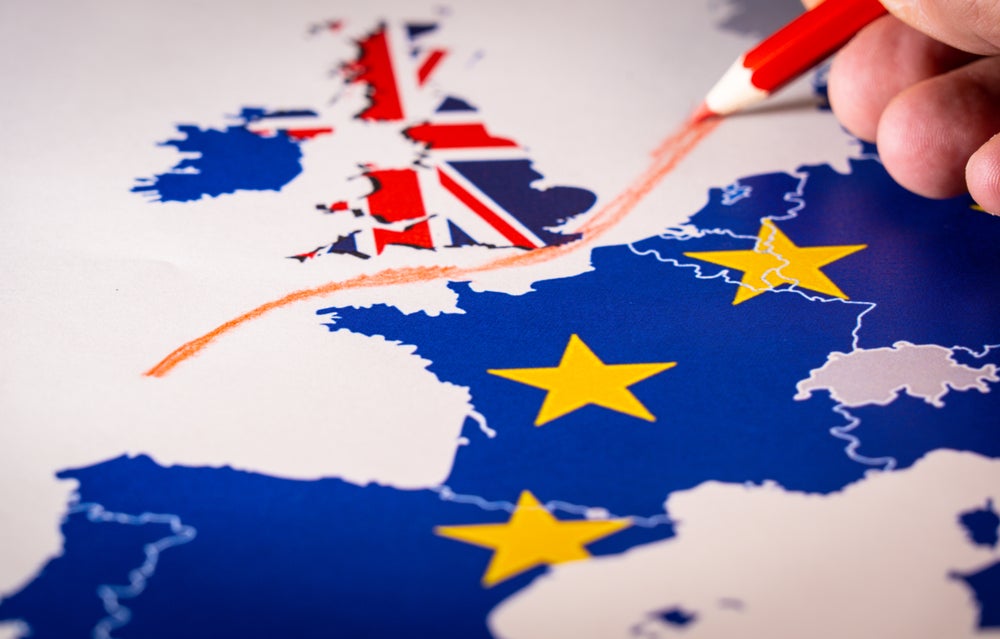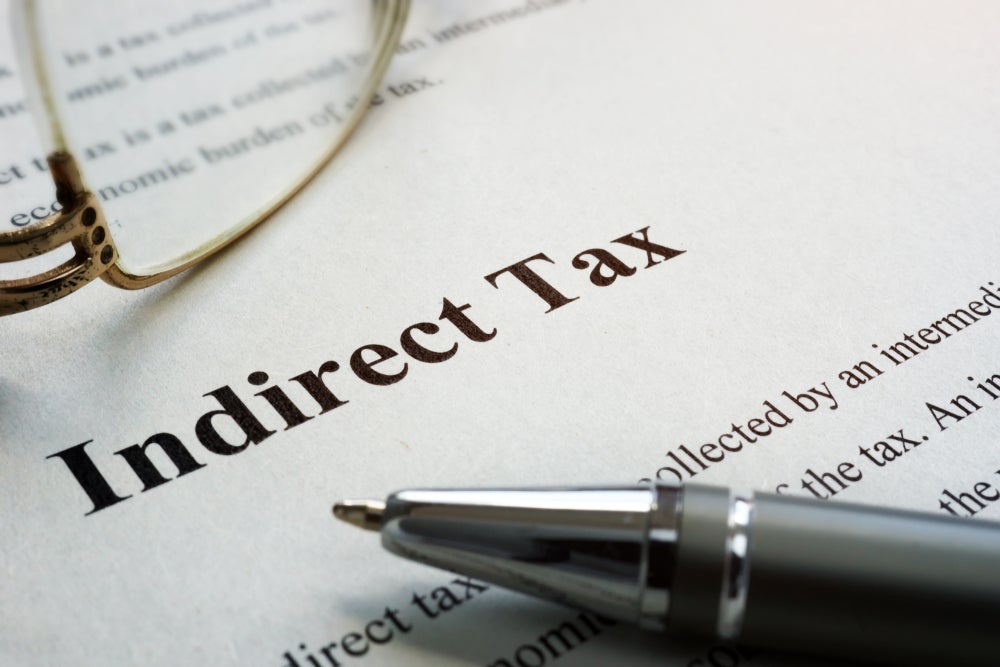
We are now one month on from the end of the Brexit transition period following which businesses in the UK have had to trade under the requirements of the new trade and cooperation agreement and the earlier EU withdrawal agreement. James Hurst, VAT Director at Brown Butler comments
We are now one month on from the end of the Brexit transition period following which businesses in the UK have had to trade under the requirements of the new trade and cooperation agreement and the earlier EU withdrawal agreement.
Already, the news has been awash with stories of products being stopped at the border and increases to the cost and complexity of importing and exporting goods.
For some businesses and individuals, the impact of Brexit has been more keenly felt than others, and one area that is already proving to be particularly complex is VAT.
There are several issues for businesses to contend with when it comes to VAT and trade between the EU and UK, these include the recording and payment of import VAT and registration in EU member states
Throw into this mix the complexities of the rules of origin and how this affects tariffs and it is easy to see that businesses have had numerous new challenges to overcome in the last month.
How well do you really know your competitors?
Access the most comprehensive Company Profiles on the market, powered by GlobalData. Save hours of research. Gain competitive edge.

Thank you!
Your download email will arrive shortly
Not ready to buy yet? Download a free sample
We are confident about the unique quality of our Company Profiles. However, we want you to make the most beneficial decision for your business, so we offer a free sample that you can download by submitting the below form
By GlobalDataImport VAT
Since 1 January 2021, goods that have moved into the UK from the EU are considered imports, meaning import VAT will be payable unless the supply is zero-rated.
To help businesses, it was confirmed that they could elect to account for VAT on all goods imported into the UK using a postponed accounting system.
This system effectively allows VAT on imported goods to be accounted for and paid via a company’s usual VAT return rather than paying it immediately at the point of entry.
This means that rather than physically paying import VAT and then reclaiming it on a subsequent VAT return, VAT is accounted for as input and output VAT on the same return. The effect of this has been that companies importing goods do not face an immediate cash flow issue.
Use of postponed import VAT accounting requires the import agent to complete the relevant parts of the import documentation at the time of import. Only import VAT can be accounted for this way, and not customs duty if this is payable.
This scheme applies to all goods imported by VAT registered importers to the UK from anywhere in the world if they’re worth more than £135, including those from the EU.
When importing goods, businesses must now include their EORI number starting with ‘GB’ on a customs declaration and VAT registration number, if it is needed. In some cases, a company may also need to obtain and include an XI or EU EORI number if they are importing goods into Northern Ireland or trading within the EU itself respectively.
Businesses should determine who is responsible for import VAT, duty and onward supply, as it may not be clear in every case.
As an alternative to postponed import VAT accounting businesses that import goods regularly can set up a Duty Deferment Account that allows them to delay paying import VAT for between two and six weeks – offering an average of 30 days credit.
Through this account, a business can make a single payment each month via direct debit instead of paying for each consignment separately, as would be expected if postponed import VAT accounting is not utilised. VAT registration and place of supply
Businesses must determine the country where a supply takes place for VAT purposes so that they know where VAT due is payable – in some cases, UK companies have continued to create VAT liabilities in other EU member states without realising.
Similarly, EU businesses selling B2C to British customers must register for UK VAT as of 1 January 2021 if they are sending individual consignments with a value below £135. EU businesses may also be required to register for VAT in the UK if they are acting as importer of record into the UK.
Businesses need to be aware that the rules for VAT registration differ from one member state to the next and so they must research this and complete the necessary registrations.
When it comes to VAT compliance in EU member states, some UK businesses may now need to appoint a Fiscal Representative. They are a special type of VAT agent for foreign businesses with a VAT registration in another country, who are responsible for the correct calculation and reporting of VAT of their client. Requirements differ in each EU country.
UK businesses will be able to continue to use the EU VAT number validation service to check the validity of EU businesses, but UK VAT registrations will cease to be included. HMRC has developed a service to ensure that UK VAT numbers can continue to be validated though, which can be found here.
The Rules of Origin
Moving away from VAT to discuss customs matters – under the EU – UK trade and cooperation agreement, import tariffs will in principle not be charged where a business can demonstrate that goods being imported in to the UK are of EU origin – and goods being imported into the EU are of UK origin.
The rules of origin is a well-established concept in international trade which gives goods being imported and exported an ‘economic nationality’.
This determines where goods have been produced or manufactured, and not necessarily where they have been shipped to or bought from.
Generally speaking, the trade and cooperation agreement says that goods must be locally sourced, or must have had sufficient work carried out on them in the UK in order to qualify as UK origin goods.
This matter is far more complicated than this though, and precisely how the rules of origin are applied to each sector or each type of good can vary considerably.
The complexity of supply chains can mean that proof of origin can be difficult for suppliers to provide and hard for authorities to assess.
The first step for a business is to determine what goods are being traded, and a starting point is to identify the correct customs classification under the relevant tariff heading.
However, some products are made up of thousands of individual components, down to individual bolts and screws, each of which comes from a different supplier around the world, which can make the determination of origin difficult.
In complex manufactured goods the final product is normally determined by the location of the “last substantial transformation.”
The precise rules related to manufactured goods are very detailed and can change for each product class. Obtaining professional advice is strongly recommended.
Typically, for preferential origin arrangements, such as is found in the EU-UK trade agreement, more than 50 per cent of value has to be added to a product to claim origin, but this differs again for each classification of goods.
For businesses to benefit from preferential tariffs when importing into the UK or vice versa where goods are exported to the EU, they must claim preference on their customs declaration and declare they hold proof that the goods meet the rules of origin.
This can take the form of a statement of origin completed by the exporter on a commercial document, or knowledge obtained and held by the importer that the goods are originating in the EU (for imports into the UK).
The UK and EU have agreed to a 12-month grace period. This means that until 31 December 2021, businesses do not need supplier’s declarations from business suppliers when the goods are imported but they must be confident that the goods do meet the preferential rules of origin.
What next?
The rules in certain areas, such as the provision of financial services, are still developing and evolving. Negotiations between the UK and the EU regarding financial services are ongoing. Discussions are also currently taking place about whether the trading arrangements between Great Britain and Northern Ireland should be revised.
The changes do not just affect the UK, and many EU member states are also still adapting their approach to the new arrangements and guidance is continually evolving.
Many businesses are reviewing supply chains and commercial terms to find new ways to reduce the costs and complexity of trade and so businesses need to be alert to future changes, including new methods for simplifying VAT registration and payments.
This article covers the most immediate issues that businesses have faced in the last month, but each company is likely to have run into unique difficulties from the new import and export requirements.
Even those who do not directly import or export goods are likely to have seen some disruption, as the changes have affected the cost of some products, seen the imposition of new fees and created wider supply chains issues.






